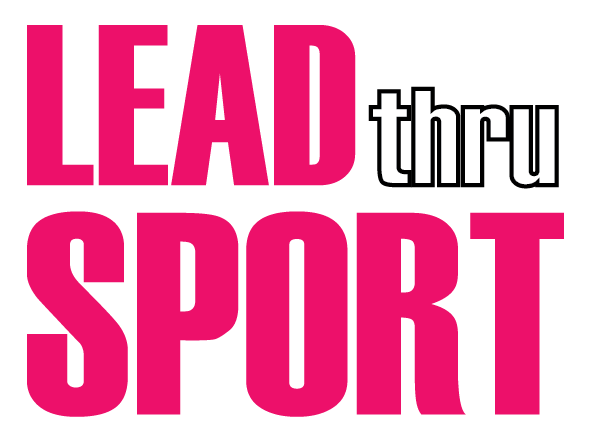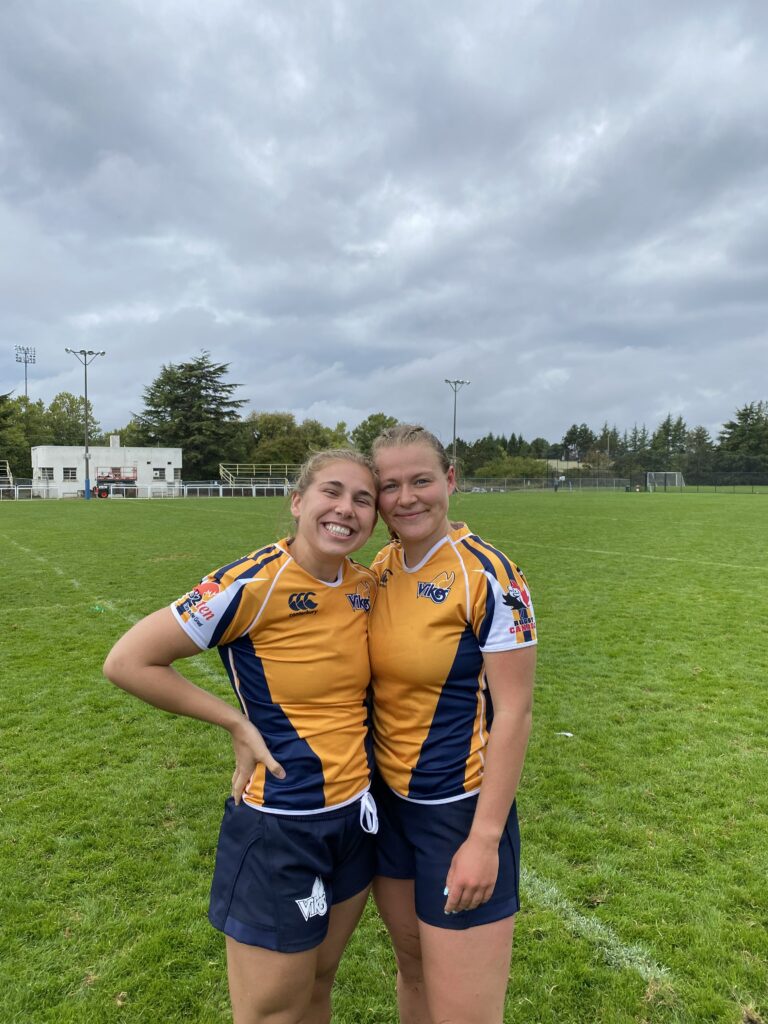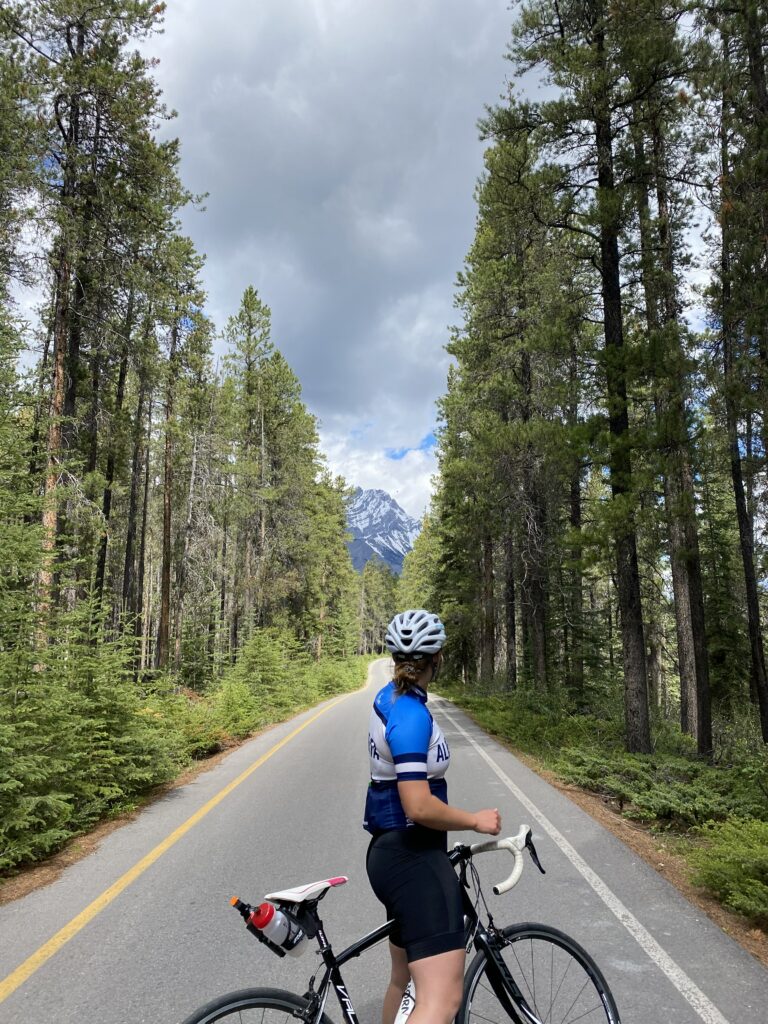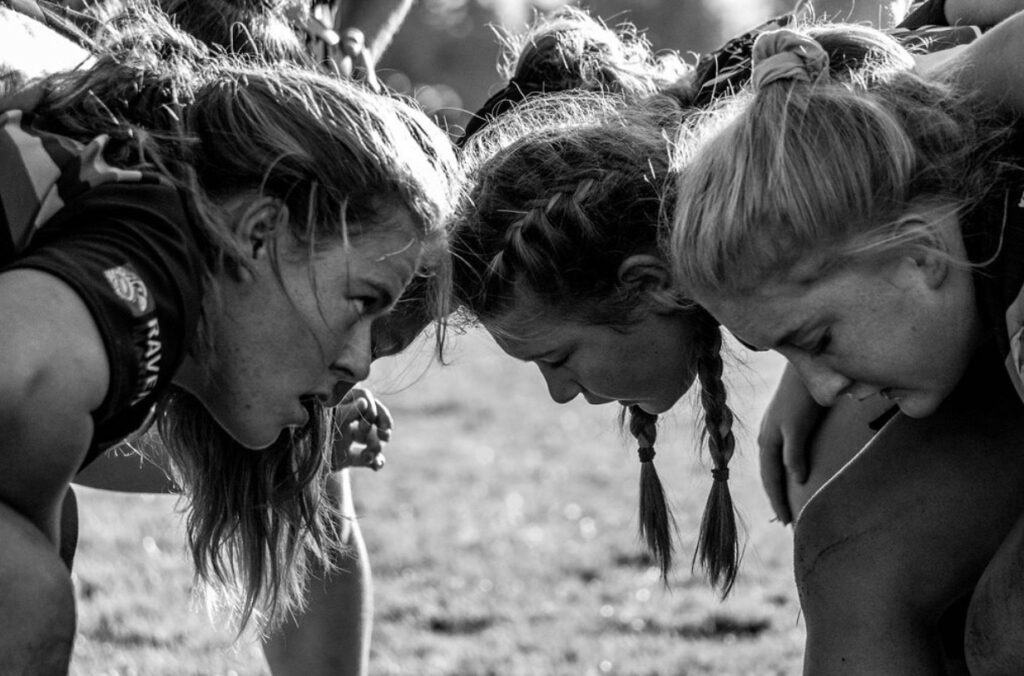
WEEK #39: MEGAN W.
Please tell us a little bit about yourself.
I am a third-year student-athlete at the University of Victoria with its Women’s Rugby program. I was born and raised in Lacombe, Alberta, a small town in the prairies. I began playing rugby in high school at St. Michaels University School in Victoria, British Columbia, where I now continue to coach their Sr. Girls team. Before I joined the UVic Vikes’ rugby program, I also played club, rep, and provincial level rugby. Growing up, I played any sport I could find; ringette, swimming, biathlon, basketball, field hockey, the list goes on. Ringette was the first sport that I truly loved and found a community in. I’ve been involved with the sport since I was six years old— playing, coaching and refereeing throughout the years. Currently, I am pursuing a Bachelor of Arts with a double major in Political Science and English. My hopes are to someday work in the non-profit sector helping write policy for organizations that seek to empower and uplift people. The thought of being someone who develops systems that can help keep people safe, healthy, and supported drives me to perform to the best of my abilities in all aspects of my life. If you’re ever looking for me, you’ll most likely find me at the beach, on my bike, or in the kitchen. I’m fortunate enough to live on Vancouver Island, my favourite place in the world, and loving to be outside just comes with the territory. Nothing calms me down after a long day like watching a wild west coast sunset from the rocks of a local beach. On my off days from training, I love to get outside on my bike— riding for as long as I can as fast as I can (and most likely stopping mid-trip for a bakery treat). When the Victoria rain gets the best of me, I’m probably in my kitchen covered in flour, attempting to make some kind of baked good filled with butter, sugar, and chocolate— the stuff that really drives most of us.
What is a non-sport goal you have achieved you are proud of? How did you achieve your goal?
In the last year, I have been trying to push myself beyond my identity as an athlete and work to feed my other passions. A goal that I achieved this year was gaining admission into the political science honours degree program at UVic. At times, I find it difficult to balance varsity sport and academics, but I love school and wanted to prove to myself that I could get into and succeed at a higher level of learning. What really drove me towards this goal was knowing that I had the capacity to do whatever I set my mind to, I just needed to stay confident in my decisions and use the resources given to me when all the balancing began to get difficult. Another non-sport achievement that I am quite proud of is being elected to the board of directors for LifeCycles, a Victoria-based non-profit organization that works to connect people with healthy food and build a resilient food system in Greater Victoria by growing, harvesting, and sharing food. I connected with them through a class where I was assigned to help them redesign their membership policies. Throughout my time with them I developed a growing love for the non-profit sector and the effect that community organizations can have on a community. When offered the opportunity to run for a board position, I really had to consider my priorities and what I wanted to give and get out of my next few years through school. Reflecting on my personal goals and values throughout this process allowed me to recognize that I wanted to have a positive impact on those around me and that branching out of my identity as an athlete may have to be necessary to have the influence that I wanted.
What makes you an inclusive leader? How do you help your teammates feel welcome?
I think my inclusive leadership comes in two parts; the first being that I know that leadership comes in all forms. Throughout my time in sports, I have captained teams and I have also been on teams where I’m barely making the game roster week to week. However, whatever my role on the team is, I’ve never doubted the leadership power I can have. I think knowing that you have the capacity to be a leader at any point in your role on the team is really empowering, and lifting your own teammates up to do the same only makes your team stronger. Whether it’s calling plays mid-game, organizing team dinners, or being someone to talk to in the locker room, it all matters and impacts team culture. The second part in my approach to inclusive leadership is to always do your best to meet your teammates where they’re at. Everybody is looking for something different out of their game and supporting
your friends through that is so necessary. Sport is just one piece of our identities and I think it really helps build strong relationships if we are able to recognize that. In recognizing who our teammates are as people, not just athletes, we can connect on a deeper level and have that trust translate to the field.
What advice do you have for parents, coaches, or sport administrators to improve inclusion in sport?
Advice I have for improving inclusion in sport would be to always work on a player-centered basis. I think it’s really crucial to recognize that personal goals and winning looks different for everybody. There may be players you come across who are at the absolute peak of their game and seem like their thriving in every way, and there may be others who are just coming back or slowly trying to make it through practice without having to sit out— there is room in sport for all of these people, no matter where they’re at in their journey. Centering the athlete and getting to know their own goals and needs helps build a system of support on which a whole team can thrive. Giving everyone a chance to be seen allows a deeper sense of connectedness and comfort within the community that you’re working with.
Another point that I think is extremely important is ensuring that the mentors and role models you are surrounding your athletes with reflects the diversity of sportspeople in the world. An athlete is not one body type, age, cognitive ability, race, or physical ability, etc. There is a tendency to direct our attention towards one ‘type’ of athlete, but we need to recognize that athleticism is so much more than how someone’s body looks. I really believe that forcing this narrative is essential for the future of sport because the more people can see themselves represented in sport the more they will know that they are capable of doing just the same. Opening up the accessibility of sport in this regard makes it a safer space for all athletes.
5 words that best describe me are:
DRIVEN | WELCOMING | OPEN-MINDED | RESILIENT | CURIOUS




